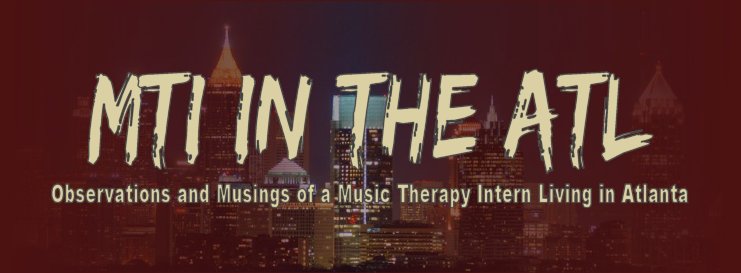The author, at the very end of the article, states that "there are intersections (with science) with any life path or profession one would choose." Couldn't have said it better myself! Which is exactly why I brought this article to the blog.
Now there are the obvious intersections with music therapy and science (in fact, I believe you could fairly classify our field as a behavioral science), but the main thing that grabbed my attention here was this sentence: "the most useful skill we could teach is the habit of asking oneself and others, how do you know?"
This is something I find myself doing as a music therapist (intern) on a daily basis. How do I know this particular intervention will accomplish this objective? How do I know that music therapy works? How do I know that this child's diagnosis will cause these deficits? These are all questions we must ask ourselves to be successful therapists, and questions we must answer in our research to expand our field.
I believe this comes easier perhaps to the MT intern than the professional MT, simply because music therapy practice hasn't come naturally for us yet. When you first learn to do something new, we have to put all of thought process into every aspect of the task. It's like when you first start learning to play an instrument. For months (years, even) every little movement requires your intense focus and concentration. You play "Mary Had a Little Lamb" with great attention to detail, carefully thinking about what finger will go where next, and why.
Pretty soon, you build muscle memory, and you don't have to think about it anymore. I don't have to think about what fingers to use to form a D chord on guitar anymore, it just happens. As any musician can tell you, this is frequently where you run into problems. You start to develop bad habits and never notice them because you're not giving that intense focus to every little detail anymore. It isn't until you play in front of someone or video tape yourself that you notice your mistake, and it becomes VERY difficult to break these habits.
And so it is with practicing music therapy. Again, I'm a newcomer, but from my perspective this is what I see. A seasoned therapist can develop a sort of "muscle memory" and go through the motions of planning and implementing interventions without asking the all important question: "How do I know?" How do you know this will work?
Back to the original quote, I like that the speaker says we must "teach the habit of" rather than simply "the skill of." Habit suggests a repeated pattern of behavior that becomes ingrained in us (if you'll forgive me for exhibiting my Behaviorist bias). By putting ourselves in the mindset of "How and why?" on a daily basis, we can form strong, positive habits, rather than the bad habit of going through the motions in our careers.
Go forth and be critical!

No comments:
Post a Comment